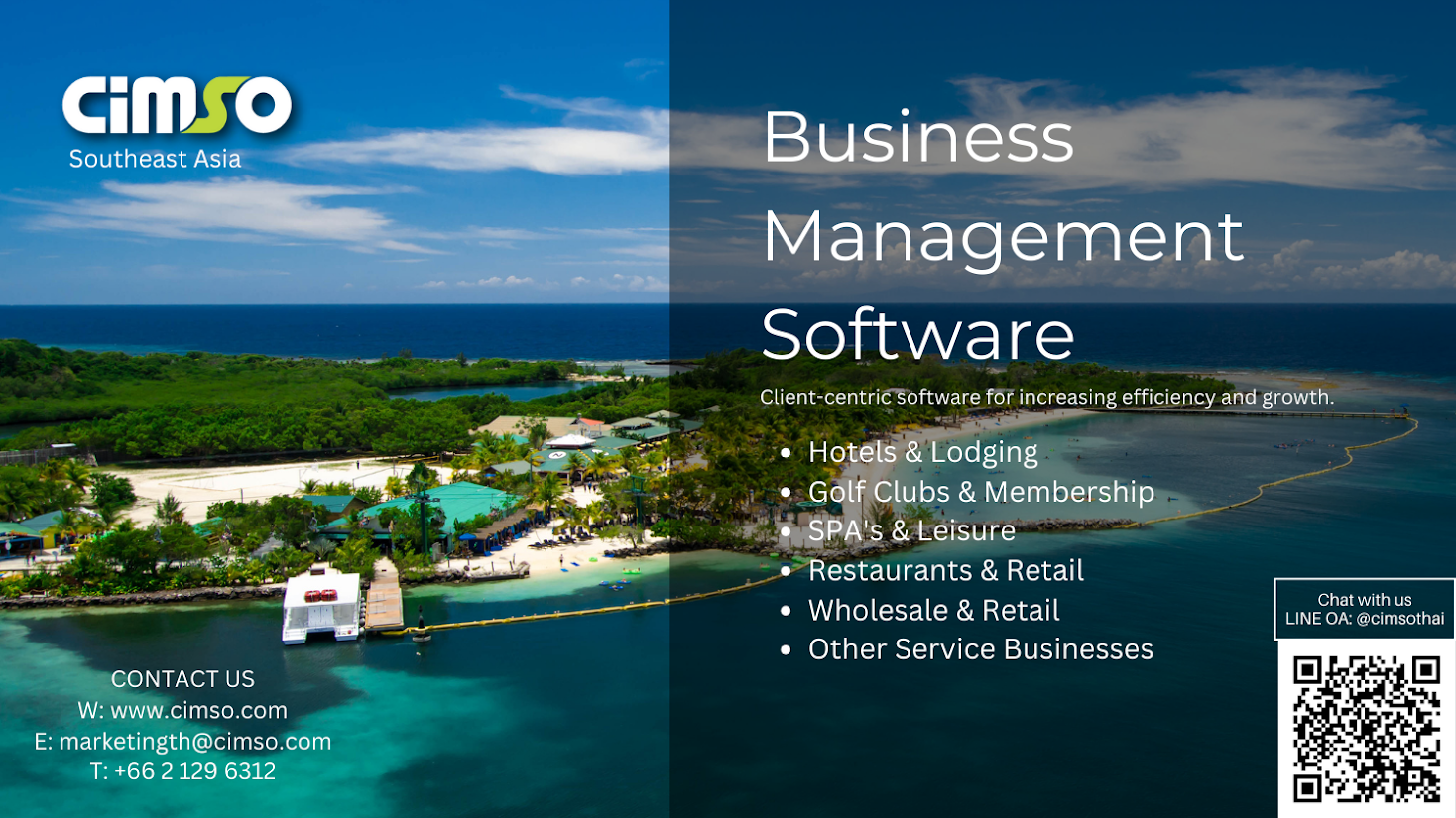Choosing between CiMSO desktop applications and others web applications depends on the specific needs and context of your business.
Hospitality businesses often prefer using desktop applications over web applications for several reasons. These include performance, security, integration with local resources, reliability, and specific industry needs. Here are several reasons why using CiMSO desktop applications might be more beneficial than web applications:
1. Performance and Reliability
Desktop Applications:
High Performance: Desktop applications can utilize the full capabilities of local hardware, ensuring faster and more reliable performance. This is particularly important in the hospitality industry, where quick responses are critical.
Offline Capability: Desktop applications can operate without an internet connection, ensuring that business operations are not interrupted due to connectivity issues. This is crucial in hospitality environments where consistent service is necessary.
2. Security
Desktop Applications:
Local Data Storage: Data stored locally on a desktop reduces exposure to internet-based threats. This can be particularly important for hospitality businesses that handle sensitive customer information.
Enhanced Security Measures: Desktop applications can implement robust security measures that are harder to bypass compared to web applications, providing an additional layer of security.
3. Integration with Local Resources
Desktop Applications:
Hardware Integration: Desktop applications can seamlessly integrate with local hardware such as printers, scanners, POS systems, and other devices crucial for daily operations in the hospitality industry.
Advanced Functionality: They can offer more advanced and customizable features that can interact directly with the operating system and local resources.
4. User Experience
Desktop Applications:
Rich User Interface: Desktop applications can provide a richer and more responsive user interface. This is beneficial for staff training and efficiency in the hospitality industry, where a smooth and intuitive interface can improve service delivery.
Consistent Performance: They offer consistent performance without being affected by browser limitations or varying internet speeds.
5. Industry-Specific Needs
Desktop Applications:
Complex Functionality: Hospitality businesses often require complex functionalities such as reservations management, billing, inventory control, and customer relationship management. Desktop applications can handle these complex tasks more efficiently.
Customization: They can be highly customized to meet the specific needs of a hospitality business, including integrating with legacy systems and specialized third-party software.
6. Reliability
Desktop Applications:
Stable Environment: Desktop applications run in a controlled environment, reducing the risk of crashes and downtime compared to web applications that might be affected by browser issues or network problems.
Dedicated Resources: They use dedicated system resources, leading to more predictable and reliable performance.
7. Operational Control
Desktop Applications:
Centralized Management: They allow for centralized management of business operations, making it easier to control and monitor different aspects of the business from a single point.
Scheduled Maintenance: Businesses can plan and execute maintenance and updates without relying on external servers, ensuring that critical operations are not disrupted.
Specific Considerations for the Hospitality Industry:
- Point of Sale (POS) Systems: Many hospitality businesses rely on robust POS systems that are often desktop-based, allowing for integration with various peripherals and ensuring quick, reliable transactions.
- Booking and Reservation Management: Desktop applications can offer more sophisticated booking and reservation management systems that integrate with other local systems seamlessly.
- Inventory Management: Efficient inventory management is crucial for hospitality businesses, and desktop applications can provide powerful tools to manage stock, supplies, and procurement processes.
- Guest Services: Enhancing guest experience through fast and efficient check-in/check-out processes, personalized services, and immediate response to requests, all of which can be better managed through a desktop application.
While web applications offer the benefits of accessibility and ease of maintenance, desktop applications provide the performance, security, and specialized functionality that hospitality businesses need to operate efficiently and effectively. The ability to work offline, integrate deeply with local hardware, and handle complex tasks with high reliability makes desktop applications a preferred choice in the hospitality industry.
However, CiMSO Hospitality ERP Software understands the need for web applications for departments that require flexibility in customer service, which is crucial for the hospitality business. Examples include online booking (Hotel, Golf)), online ordering of food and beverages, and e-commerce. For more details, please visit <CiMSO Hospitality ERP Software: Elevating Flexibility and Service Excellence in Hotels and Golf Resorts>
Contact us








